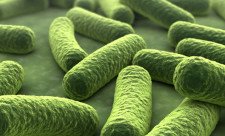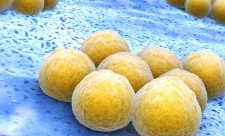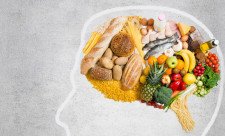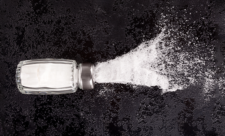Dieser Post ist auch verfügbar auf: German
Simple Ways to Lower Cholesterol Levels Overweight, Well-being
Bacteria against Gut Issues Body, Digestion

Settling in our gut are several hundred different bacterial species (our gut flora). They make sure that our indigestion processes run as smoothly as possible. Should we lack specific bacterial strains, should there be not enough of them, or should others be too numerous, the natural balance is upset, disturbing the gut flora. Evidence of
Crohn’s Disease: Causes and Treatment Body, Digestion

Estimates say that up to 400,000 people in Germany suffer from Crohn’s disease, a chronic inflammatory bowel disease. Diagnosing the disease remains difficult as symptoms are far-ranging and vague: vomiting, gastrointestinal spasms, abdominal pain, and diarrhoea may be caused by a number of diseases. In this context, Swedish and British scientists have made the important
Atopic Dermatitis: Natural Skin Flora Provides Protection Skin
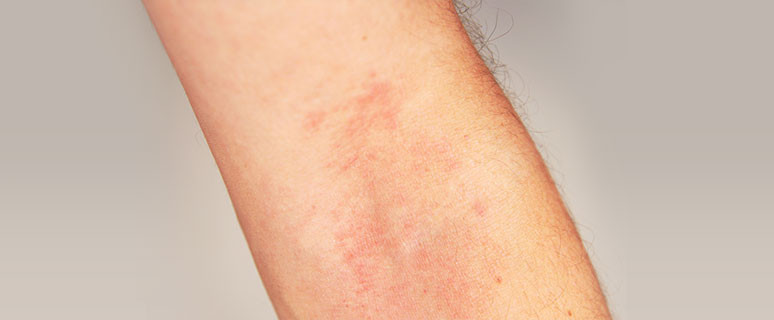
Skin bacteria protect us from inflammation. As early as 2009, scientists publishing in the highly respected journal “Nature Medicine” demonstrated that bacteria present in our normal skin flora – in this case, the bacterium Staphylococcus epidermidis – produce a substance which inhibits inflammation of the skin. Other bacteria, e.g. the pyogenic bacterium Staphylococcus aureus, cause
Natural Diversity Benefits Healthy Skin Skin

Many parents worry about their children’s health: telling them not to play in the dirt, be careful about plants in forests and meadows, avoid touching animals. But many of these worries are unfounded. To the contrary: They may even be detrimental to a healthy diversity of skin bacteria. Scientists have found that there is a
Faeces for Slimness? Overweight, Well-being

Being overweight is an increasing issue in Germany: Almost one in three Germans is too heavy. Many among them suffer from obesity. In this case, body fat has accumulated to a point far in excess of being merely overweight. More and more children and adolescents are diagnosed as obese. Possible consequences are secondary diseases of
Cheese Lowers Blood Pressure Body, Cardio-vascular system

Italian hard cheese is not only tasty, but also healthy: During a study researchers found that daily intake of Grana Padano cheese reduces high blood pressure. When taken regularly, the subjects’ blood pressure dropped by an average 7 mmHg of systolic and 8 mmHg in diastolic pressure (source: www.aerztezeitung.de/medizin/krankheiten/herzkreislauf/bluthochdruck/?sid=813051). Normal resting blood pressure is about
Periodontitis Puts Heart and Teeth at Risk Body, Mouth
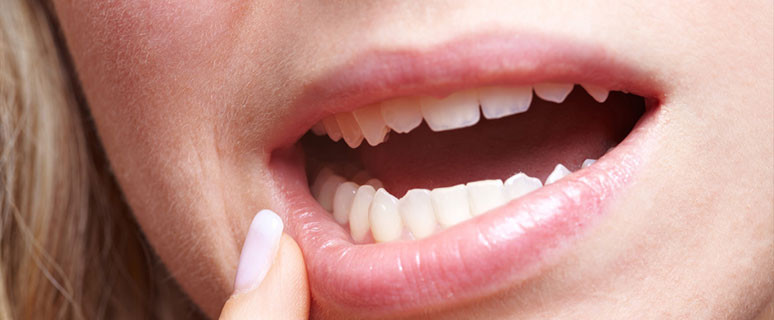
Oral bacteria may cause periodontitis and inflammation of the gum tissue (gingivitis). Dentists advocate treating periodontitis as soon as possible in order to preserve the tooth and avoid loss of bone. What many remain unaware of: Accretion of bacteria, for example on tooth and gum surfaces, may also affect the heart or other organs and
Lactobacilli against Helicobacter pylori Body, Stomach

An estimated one half of the global population harbours Helicobacter pylori, a bacterium linked to the development of gastric ulcers, gastritis, and other diseases of the stomach. Symptoms for acute Helicobacter infections are vomiting, belching, bloating, or nausea as well as frequently recurring stomach pain or abdominal pain. What should you do if you have
Antibiotics Glossary
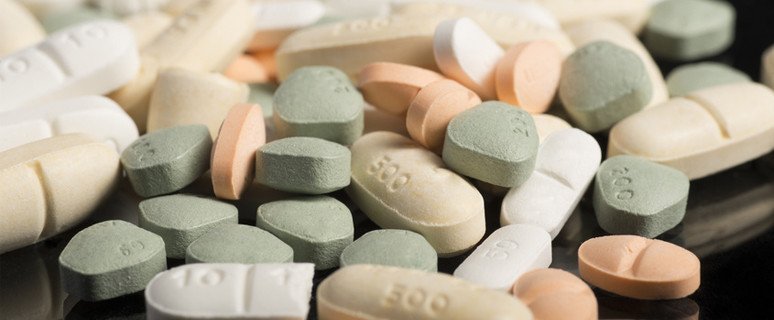
Antibiotics are produced either synthetically or by a process of fermentation from natural products of bacteria, algae, or fungi. They are used to kill microorganisms or slow down or stall their growth. We distinguish between antibiotics which target only very few microorganisms or bacteria (narrow spectrum) and those which act against wide range of microorganisms

 14. Oct 2014
14. Oct 2014
 Popular
Popular Recent
Recent Comments
Comments


